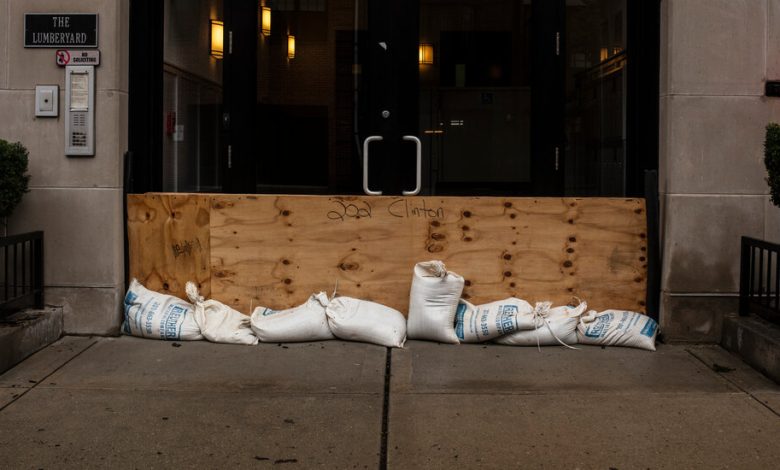What New York homeowners and renters should know about flood insurance.

It’s an unfortunate fact: Standard homeowners’ and renters’ insurance policies don’t cover damages caused by flooding.
People who live in flood-prone areas are generally required by their mortgage lenders to buy a separate flood insurance policy. But if you own your home outright, or rent it, you need to do your own cost-benefit analysis and decide whether to buy such coverage.
It may be too late for residents of New York City and the surrounding area to buy policies to cover damages caused by the torrential rains that flooded the region on Friday, but more people may want to consider getting such policies for their future protection: A quarter of flood claims arise from properties that are outside high-risk areas, according to the Federal Emergency Management Agency, but most homeowners in those areas are eligible for lower rates.
Most flood policies in the United States are issued through the federal National Flood Insurance Program, which is managed by emergency management agency, although coverage is also available in certain areas from private insurers, like Lloyd’s of London. (For more details, read my colleague Ann Carrns’s piece on flood insurance.)
Consumers should buy enough coverage to enable them to replace their assets in the event of a total loss, according to the advocacy group United Policyholders. But the national program has relatively low coverage limits: $250,000 for a residential building, and $100,000 for its contents (which is also available to renters).
Private flood policies can offer much higher coverage limits, as well as extra benefits, like “loss of use,” which pays lodging costs if your property is uninhabitable. But private insurers don’t have to offer any coverage if they deem a location too risky. And even if they extend coverage, it may be pricey. They can also decide not to renew a policy after a home experiences a flood.
If you are interested in buying coverage through the national program, you may have to wait: A shutdown of the federal government, which could happen Sunday morning, could cause the program to run out of money until Congress reaches an agreement to keep the government funded.




